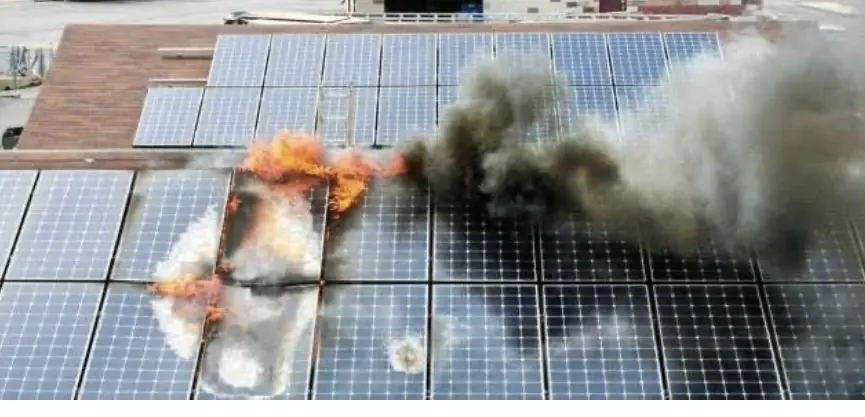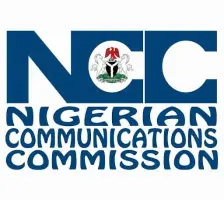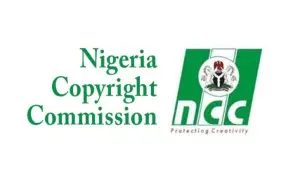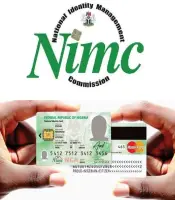As Nigeria continues to embrace solar power systems as an alternative to unstable electricity supply, concerns about the safety of rooftop solar installations have emerged, particularly following viral videos claiming solar panels cause house fires.
Renewable energy expert David Adewuyi has addressed these concerns, providing clarity on the safety of rooftop solar panel installations in Nigerian buildings.
Understanding Solar Panel Safety
Solar panels, also known as photovoltaic (PV) panels, convert sunlight into direct current (DC) electricity. They typically consist of silicon solar cells, glass covering, encapsulant, aluminum frame, and a junction box with MC4 cables.
According to Adewuyi, solar panels themselves are not fire hazards. "Solar panels in most cases are never the source of fire that burns buildings where they are installed as against the widespread rumor," he explained.
He further cited international data showing that between 2022 and 2023, less than 2% of approximately 10,000 building fires involved solar panels, according to studies by TNO, NIPV, and NEN Netherlands.
Benefits of Rooftop Solar Installations
Rooftop installations offer several advantages beyond energy generation. Adewuyi notes that professionally installed solar panels can actually protect roofing materials:
"The presence of solar panels on your roof prevents the direct impact of sunlight as it provides covering for the entire part of the roof where solar panels are installed, thereby reducing the rate of degradation on that section of the roof."
Additionally, rooftop installations eliminate the need for ground railings, saving costs and space while improving cooling during high sun intensity periods.
Safety Precautions for Solar Installations
To ensure maximum safety for rooftop solar installations, Adewuyi recommends the following measures:
Engage qualified professionals: Experienced installers understand proper techniques and safety protocols.
Use adequate cable sizes: Flexible, stranded cables of appropriate gauge prevent resistance, heat generation, and potential fire hazards.
Install quality components: Certified batteries, inverters, charge controllers, panels, circuit breakers, and surge protectors that meet industry standards.
Minimize cable joining: Professional installations use PV combiner boxes with circuit breakers and bus bars for safer cable continuity.
Implement proper earthing systems: This protects solar panels from lightning strikes.
Ensure adequate ventilation: Solar components have specific operating temperature requirements.
Drawing from his experience with over 600 installations through DVS Reliable Energy Ltd in Nigeria, Adewuyi emphasized that they have yet to record a single fire incident related to solar power systems.
"Solar panels have one of the lowest probabilities of causing a fire incident compared to other causes of fire outbreaks in buildings," he stated, noting that gas leaks, faulty electronics, electrical distribution boxes, and poorly gauged electrical wires pose far greater risks.
As Nigeria continues to face electricity challenges, properly installed solar systems remain a safe, reliable alternative for sustainable power generation.
Stay updated with more technology and renewable energy news by following BenriNews on our social media platforms: Facebook, Twitter, LinkedIn, WhatsApp, and Telegram.












